LGBTQ households disproportionately affected by COVID-19
LGBTQ people are struggling with job losses, reduced access to healthcare, and social isolation

A new report shows that LGBTQ households have been disproportionately impacted by COVID-19, with Black and Latinx households particularly affected.
The Movement Advancement Project report found that, compared with non-LGBTQ households, LGBTQ households are twice as likely to be unable to get necessary medical care and four times more likely to not have enough food to eat.
Among MAP’s other findings, LGBTQ households experienced higher rates of serious financial problems, job losses, issues accessing health care, and greater challenges with regards at-home learning for children as a result of the pandemic.
“The pandemic has disrupted life for all of us. Yet, some communities have borne the brunt: Black and Latinx people, low-income people, and, as this new data show, LGBTQ people,” Ineke Mushovic, Executive Director at MAP, said in a statement.
“Decades of discrimination on the job, in health care, and beyond, combined with uneven legal protections around the country make LGBTQ people more vulnerable to pandemic-related instability and insecurity, with an even more devastating impact on LGBTQ people of color,” Mushovic continued.
MAP analyzed data from a survey by Harvard T.H. Chan School of Public Health, NPR, and the Robert Wood Johnson Foundation.
They found that since the start of the coronavirus pandemic, 64% of LGBTQ people and their families have experienced a job loss or disruption, compared with 45% of non-LGBTQ households. That figure rises for Latinx LGBTQ households, at 71%.
MAP noted that, due to higher rates of employment discrimination, it could also be harder for LGBTQ people to find new employment after losing a job.
In terms of economic security, two-thirds (66%) of LGBTQ households reported at least one serious financial problem since the start of the pandemic, a figure that rose to 70% for Latinx LGBTQ households and 90% for Black LGBTQ households. That compares to 44% of non-LGBTQ households.
Food insecurity was also a greater problem for LGBTQ households — almost one-fifth (19%) of households reported that they were not getting enough food to eat each day, compared to only 5% of non-LGBTQ households.
Related: Anti-LGBTQ Republican who claimed Bible was his “vaccine” gets COVID-19
Healthcare access during the pandemic was also a greater issue for LGBTQ households. Almost two in five households (38%) were unable to get needed medical care or were delayed in getting medical care for a serious issue. One-quarter (25%) were unable to get or delayed in accessing prescription drugs, and 13% of LGBTQ households lost health coverage since the start of the pandemic.
For non-LGBTQ households, only 19% struggled to access healthcare, only 8% were delayed in accessing or failed to get prescription drugs, and just 6% of non-LGBTQ households lost health coverage.
In addition to increased challenges keeping their children’s education going (52% versus 38%), LGBTQ people also reported greater social isolation than non-LGBTQ people. More than two-fifths (44%) reported serious problems coping with social distancing and physical isolation, compared with less than one-quarter (23%) of non-LGBTQ households.
MAP noted that LGBTQ are more likely to live alone and more likely to lack an extended family network for support. “This can leave them particularly vulnerable because they may have no one to count on to pick up groceries or prescriptions, to check on them, or to provide vital social connection,” MAP notes in its report.
“It’s clear that the COVID-19 has amplified and exacerbated disparities that existed before the pandemic,” said Logan Casey, Policy Researcher at MAP and an author of the report. “LGBTQ people were more likely to struggle with economic stability and have challenges with access to health care prior to COVID, and that’s even more true now.
“The existing patchwork of legal protections is insufficient, which is why we need a nationwide law like the Equality Act so that LGBTQ people in every community are protected from discrimination.”
Related:
HRC: LGBTQ people of color experiencing greater economic impact from COVID-19
Black Panther’s Letitia Wright shares anti-trans COVID conspiracy video
Gay people are having more sex during COVID, despite transmission risk
Read More:
D.C. to temporarily end indoor dining at 10 p.m. on Dec. 23
Debra Messing apologizes for ‘homophobic’ Trump prison tweet
Support Metro Weekly’s Journalism
These are challenging times for news organizations. And yet it’s crucial we stay active and provide vital resources and information to both our local readers and the world. So won’t you please take a moment and consider supporting Metro Weekly with a membership? For as little as $5 a month, you can help ensure Metro Weekly magazine and MetroWeekly.com remain free, viable resources as we provide the best, most diverse, culturally-resonant LGBTQ coverage in both the D.C. region and around the world. Memberships come with exclusive perks and discounts, your own personal digital delivery of each week’s magazine (and an archive), access to our Member's Lounge when it launches this fall, and exclusive members-only items like Metro Weekly Membership Mugs and Tote Bags! Check out all our membership levels here and please join us today!









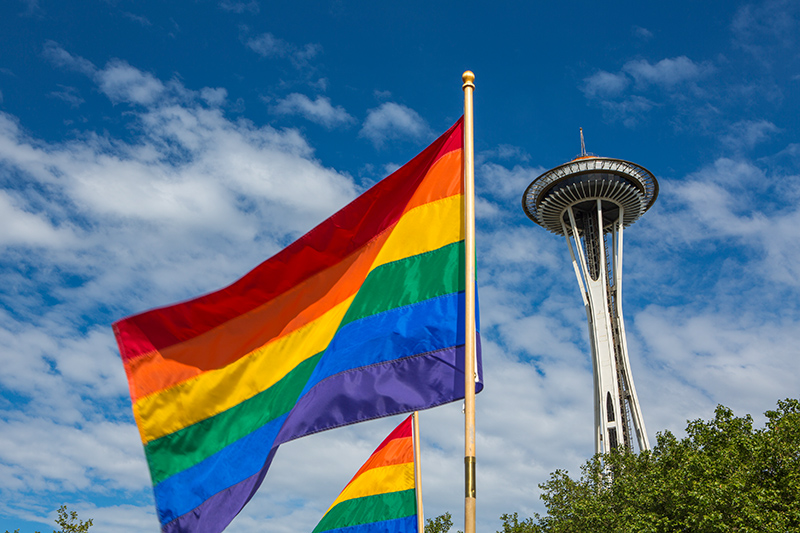
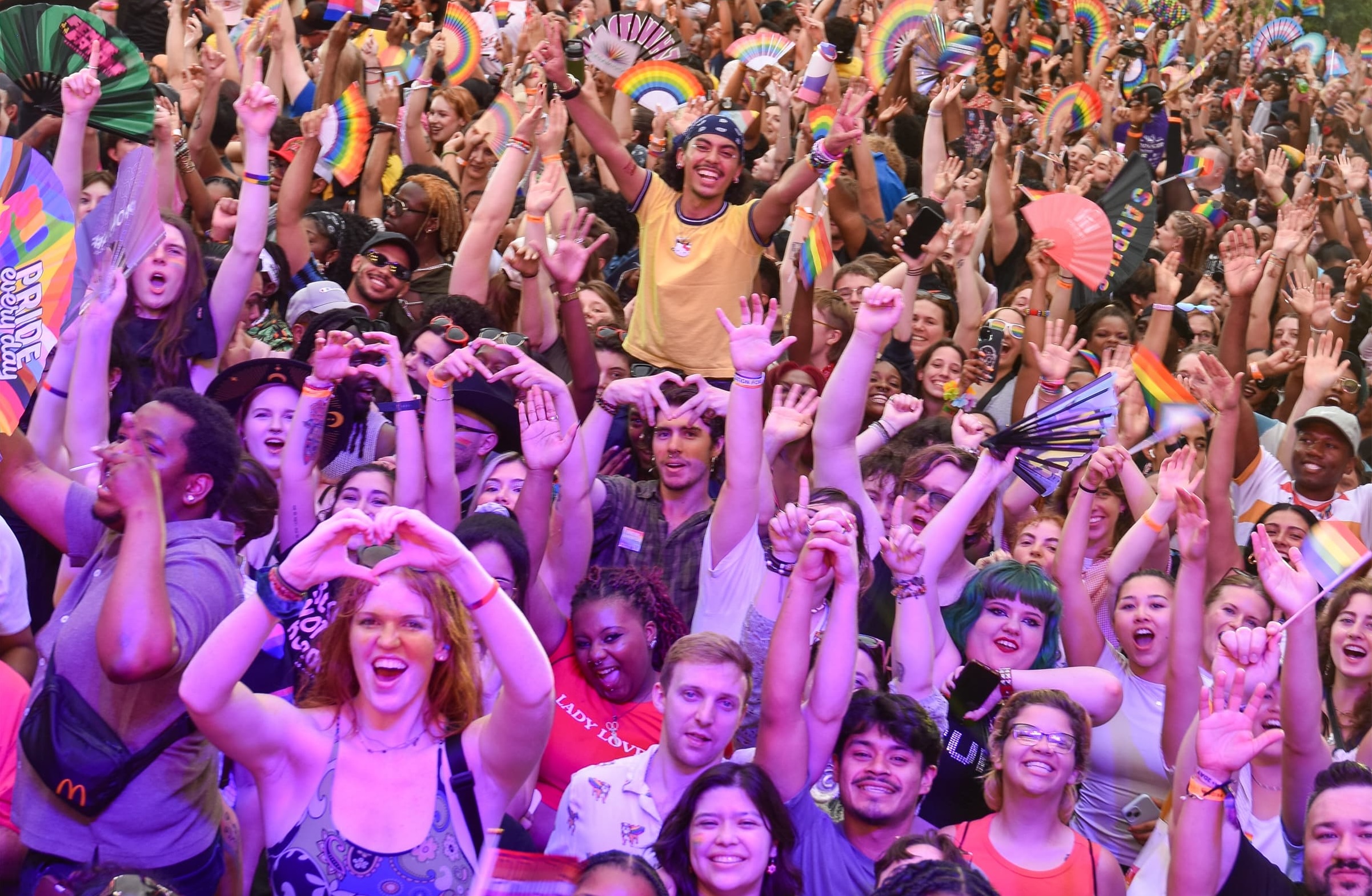
















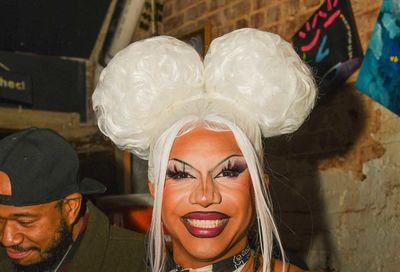
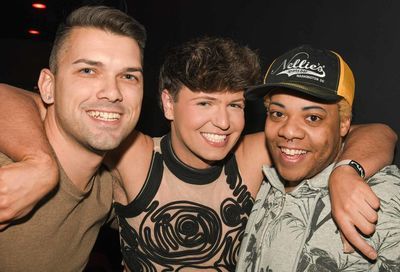
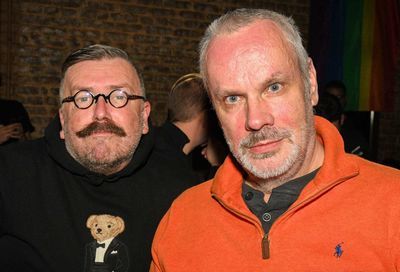
You must be logged in to post a comment.